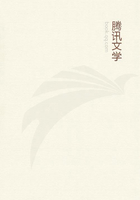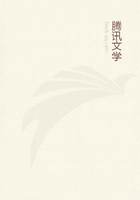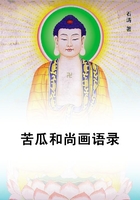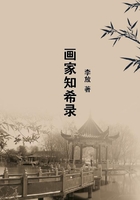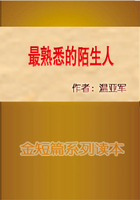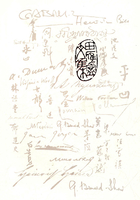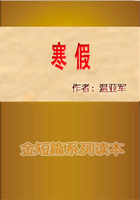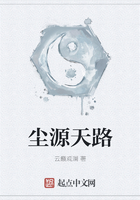Also Rodericus Suarius, whose testimony because he was a Spaniard, he produceth against the Portugals in the end of his fifth Chapter; whom, if hee had pleased, hee might also have cited thus speaking: Redditus piscariarum consueti, ut est gabella, seu aliud tributum solui conseuetum, de his quae in mari piscatores faciunt, seu a mercantoribus de his wuae emunt aut vendunt, Principibus conceduntur.
To which I will onely adde that of Bartolus, whom the Civilians call Juris Lucernam, thus speaking: Ut Insulae in mari proxime adiacenties, sic & mare ipsum ad Centum usque milliaria pro territorio districtuque illius regionis cui proxime appropinquat, assignatur.
The rest that the Author of Mare liberum enforceth, of the Community and freedome of the Sea to all Nations, he understandeth of matters in question, betweene the Portugals and those of his Nation, concerning their East India Trade, and not of their fishing upon our Coasts. Which Question in my judgement, being out of question, were better determined by action then disputation: It being a Royalty of the King, and a Regall priviledge of this Kingdome, assigned by Almighty God.
From the Fishing come wee to the Clothing or Drapery of this Kingdome: the consideration wherof is of very high consequence, and concerneth both the Soveraigne and the Subject, Noble and Ignoble; even all sorts, and calling and conditions of men in this Common-wealth. For this is said to bee a Flower of the Kings Crowne, the Dowry of the Kingdome, the chiefe Revenue of the King. This is a bound to fortifie, and a bond to knit the subjects together in their severall societies. This is the Gold of our Ophir, the Milke & Hony of our Canaan, the Indies of England: and therefore desire's and deserve's to be had in an everlasting remembrance.
The Draperies of this Kingdome are termed Old and New. By the Old; are understood Broad Clothes, Bayes and Kersies: By the New;Perpetuanoes, Serges, Sayes, and other Manufactures of wooll.
The causes then of the decay of trade in these Draperies, are either Domestique or Forreine. The Domestique causes, are some Past, some Present. Those Past, are apparent in the late disturbance of the Cloth-Trade, which is so obvious to every man, that I had rather passe by it, then presse upon it, because it is past: and I would to God that so were the effects of it also. In charitie we may thinke it was good in the purpose, though it prooved ill in the practice. For thereby the Draperies of this Kingdome, are much diminished, and the forreine advanced and advantaged. The quantitites of which last, were formerly few or none, but now they exceede our highest numbers issued out of the land: as by a collection thereof, which my selfe made in those parts, by His Majesties speciall parts, by His Majesties specially command, in the time of Secretary Winwoods service, may appeare.
These present, may be discern'd in the Cloth-trade, either under the Clothier, or under the Merchant. Under the Clothier, either by ill making or false sealing the Cloth.
For the making of good and true Cloth, many excellent lawes have bin invented & enacted by the wisdome of the Parliaments of this land, from time to time. And the Statute of 4 of the King Cap. 2 doth seeme to bee an Epitome or Compendiary of all the former Statutes in this kinde. In this Stature is prescribed, the true breadth, and length, and waight, that may conduce to the making of a true and perfect Cloth, Kersie or Manufacture. If a Clothier make a Cloth of lesse waight, then is set downe in the said Statute, he offendeth in Quantitie: If of lesse breadth, or length, or of forbidden kindes of wooll, hee offendeth in Qualitie. If a Clothier offend in neither of these by his owne act, yet he may offend in both, by his instruments or workemen:
Either by the Weavers, in not putting in the stuffe at the making; or by the Tuckers in pulling out the stuffe after the making thereof.
A Cloth also may be well made, & yet false sealed. A Cloth may be said to be lawfully made, when it is truly sealed. For although it may be impossible to make some Clothes, just of those quantities and quanlities prescribed by the Statute; as the Clothiers terme is, A man cannot cast a cloth in a mould: yet Ihope, they will give me leave to say, that it is possible that a Cloth may bee true sealed, though false made. And then a Cloth ill made, and true sealed, whereby the buyer may see what he hath for his money, may bee said to bee a good or lawfull Cloth according to the Statute.
Now the execution of the Statute for Searching and Sealing of Clothes, seemeth to be referred to two sorts of men: which are either the Aulnager or Seacher. the former may seeme originally to have beene an Officer appointed for that purpose, as well as by the Notation of the name, as by some Ancient Statutes. For Aulne, and Aulnage, and Aulnagier, are all French words, taken from the measuring of Cloth. And thence it is, that in that tongue they are wont to say Auner draps to measure Clothes, by a Trope taken from the Instrument by which they are measured.
But because the care of the Aulnage is committed to so Noble and Honourable a Personage, that will not suffer any abuse in the execution of that office: and the said Statute of 4 Jacobi, and the former Statutes of 39 and 43 Elizabethae, doe referre the Searching and Sealing of Clothes, to certaine Overseers or Searchers, so called by the said Statutes, I will proceede unto them.

